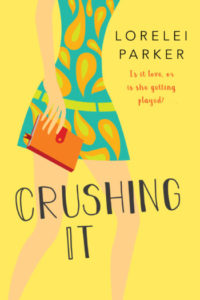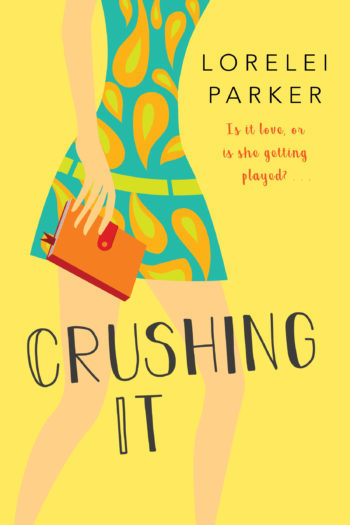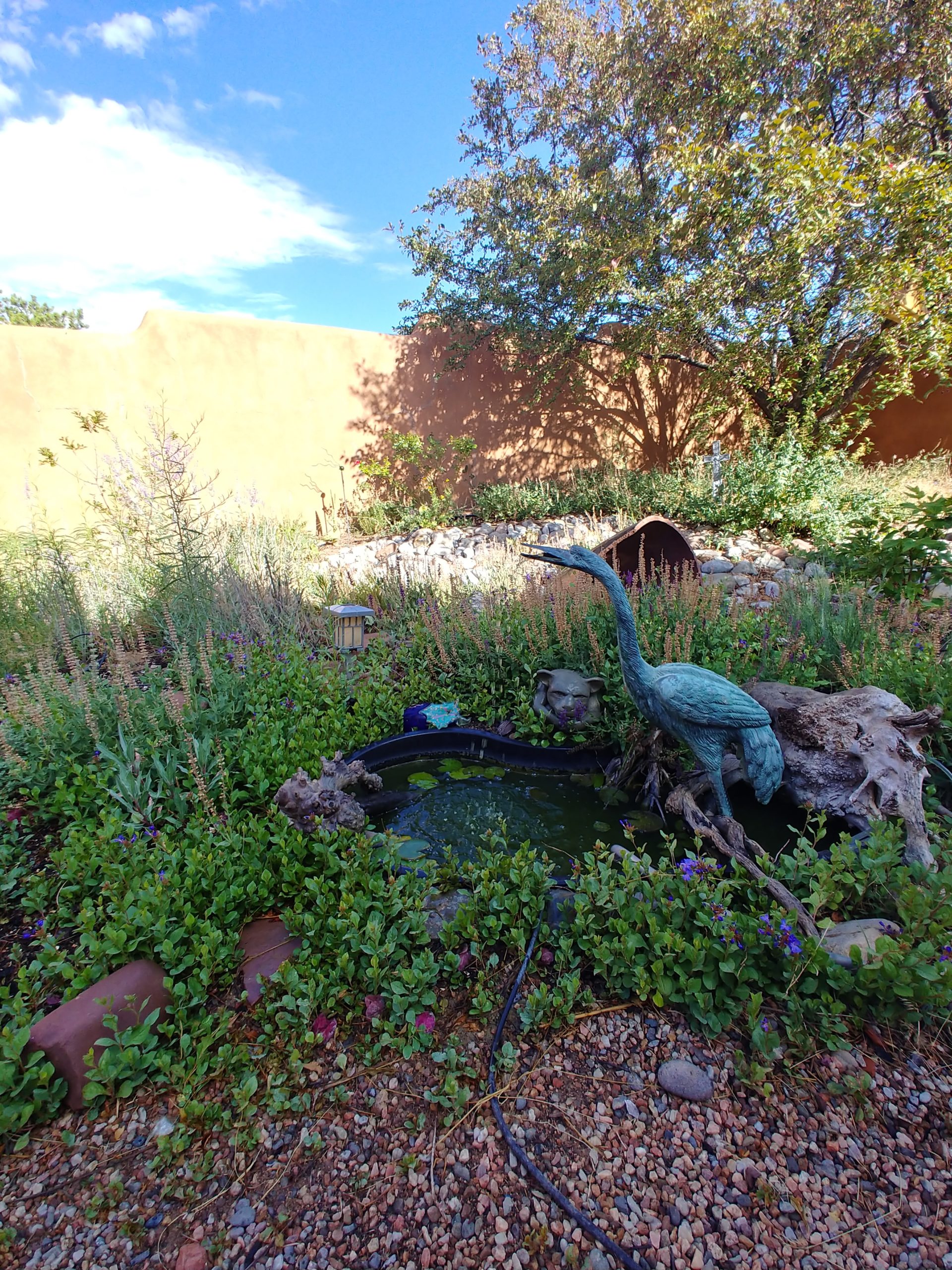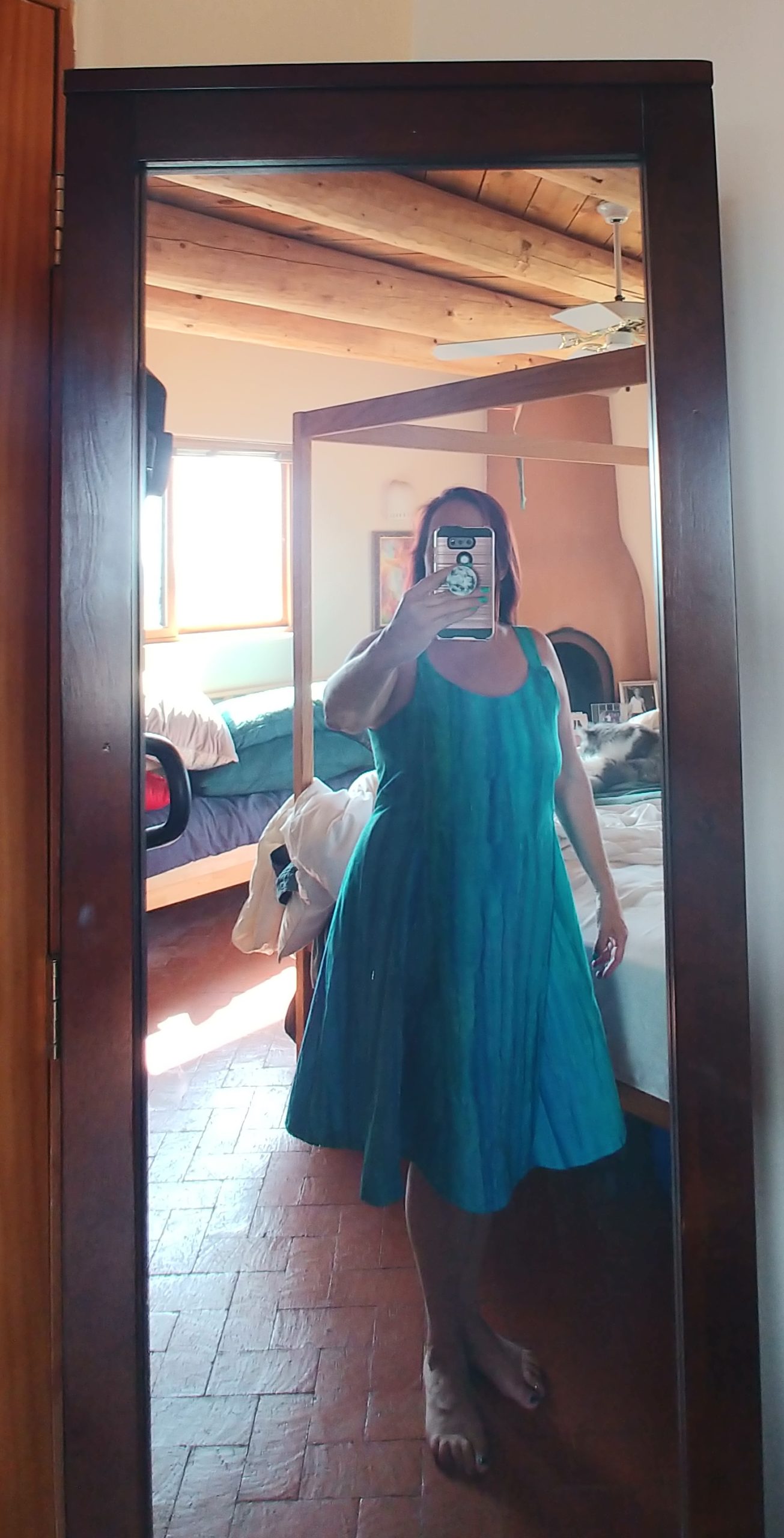

RITA ® Award-Winning Author of Fantasy Romance




Our topic at the SFF Seven this week is inspiration. What other media inspires us: fandom, music, photography, paintings?
For me, the answer is pretty much yes. But today I’m talking about visual art and the effect of beauty. Come on over for more.






A tease for you all, of the cover for THE PROMISED QUEEN. It’s mostly final, but I don’t know when we’ll do a cover reveal. The reveal for THE FIERY CROWN cover wasn’t until October so… it might be a while. It’s lovely, though, and I think you all will be delighted!
I’ve been working on developmental edits on THE PROMISED QUEEN. When I turned in the draft to Editor Jennie, it came in at 118,489 words. That’s 426 pages in Word (12pt Times New Roman, 1″ margins, double spaced) for those who don’t speak wordcount. It was long. So long that I didn’t add the final scene I really wanted – it was more of an epilogue, anyway – and some of the ending went faster than I wanted. Fortunately, Editor Jennie found some places to condense – mostly in the first 200 pages, a lot in the first 100 pages – and she wants those final scenes added/fleshed out, too. She’s asking me to aim for 112-1115K.
That means a lot of cutting. My least favorite kind of revision, alas.
But it’s going okay. I’ve cut 4,568 words so far, and have the draft at 113,921. I’ve also figured out that if I trim the chapters in Act 1 by ~6,600 words, then the Act 1 climax falls at the right place for the book to have the right 8-scene, 3-act structure to be complete at 115K. That tells me my mission is to trim and tighten Chapters 2-7. (Because Chapter 1 is already the shortest and as tight as can be.) This is one reason track chapter wordcounts and apply the math to discern where unhealthy padding is distorting the story structure.
A couple of posts you can read to learn more about this are Geeking Out Over the 8-Scene, 3-Act Structure (resurrected from a guest post on a now defunct blog) and Learning My Own Lessons, which references the first post. (Incidentally, I wrote Learning My Own Lessons in May 2015 as I was working on THE PAGES OF THE MIND, my RITA(R) Award-winning book. Many of you – especially those who listen to my First Cup of Coffee podcast – will recognize the same process angst in it that I have today.)
Some of the cutting was easy – snippets that Jennie highlighted as bits that could go. They’re not even big enough to count as deleted scenes. They’re mostly just bits of conversation that made me smile.
So, as promised on the podcast, and as requested by those of you who don’t use Facebook, where I posted one. Here are a few snippets to tantalize you, ones that aren’t too big of spoilers. Likely this will be the only place they’ll survive.
*****************
Lia sighed out a breath on a murmur of sound, and turned toward me. I lifted my hand and she burrowed beneath my arm, tucking her head against my chest and curling into me like a kitten seeking warmth. Carefully, I adjusted the covers around her again, and laid my arm so as not to crush her with it.
And finally slept.
*****************
He released my shoulders, shrugging. “Not the first time. What would be weird is if we weren’t.”
“Argh!” I growled incoherently and, making a fist with my good hand, hit his chest with the meat of it. It was like punching a wall.
His grin widened and he rubbed the spot. “Hey—that was pretty decent. You’re already stronger.”
Not strong enough, though. I’d been at my peak before Anure got ahold of me. If that happened again when I was so weak, I’d collapse even faster. I nearly broke down just thinking about it.
*****************
She snorted. “As sensitive as a stone wall.”
I must be more sensitive than she thought, because that stung.
*****************
None of them would’ve shown such a lack of manners with Lia on the throne, and I felt like the substitute tutor having to get mean with the kids who thought they’d get away with bad behavior.
*****************
“It would be useful to know,” Lia agreed.
“You don’t know?” I asked, somewhat surprised. Lia had spies in Yekpehr, and elsewhere, no doubt.
She shook her head minutely. “Not precise numbers, no. Their existence isn’t spoken of openly. I’ve been guessing that Anure has them, and discovering Princess Rhéiane may be there has added weight to the theory.”
“Just Rhéiane, Your Highness,” Sondra corrected.
“Pardon Me?” Lia raised a brow but seemed unoffended.
“Rhéiane, like my name, carries the honorific with it,” I explained.
“Ah, of course.” Lia nodded. “Conrí and Rhéiane. Your parents named you with their ambitions.”
“Or hubris that tempted the gods to prove them wrong,” I muttered, making her lips twitch in a smile.
*****************
Sondra sidled up to me. “Good idea to drink the water or no? What’s this ‘if you dare’ thing? Give it to me straight.”
I nearly laughed, but managed not to. “It will only show you the truth—but you know as well as I do that the truth can be difficult to take.”
“Truer words,” she muttered, then gave me a salute. “Good luck, huh? Taming the monster and all.”
*****************





Our topic at the SFF Seven this week is all about Ideas. How do you write down or remember those great ideas that you get mid-shower/dream/car drive? If you lose them, how do you get them back?
It’s funny this came up now because I talked about this very thing on my podcast, First Cup of Coffee, just recently – and even commented that I liked what I’d talked through so much that I should transcribe it. So this gave me the impetus to do that – and edit the transcription, which is the time-consuming part. Come on over for more!




